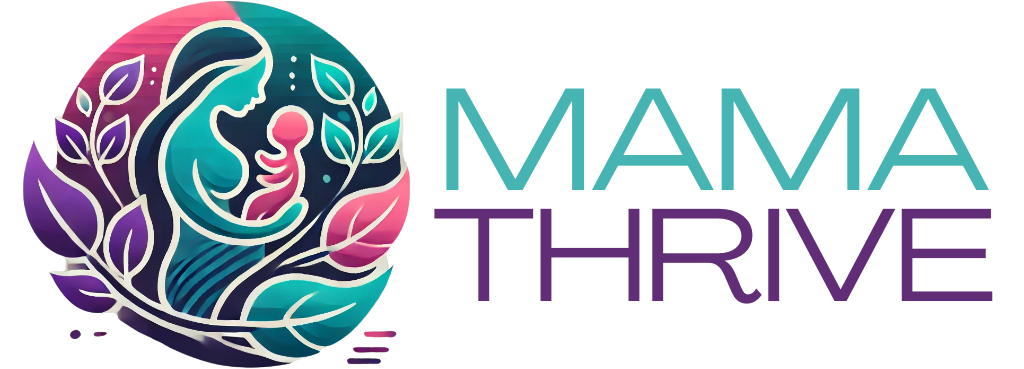Learn The Warning Signs
Did you know? A year after giving birth, some pregnancy-related issues might still arise.
Be alert of early maternal warning signs and symptoms during and after a year of pregnancy. If you suffer any of the following indications or symptoms, get medical attention right away. These signs may point to a life threatening circumstances.
We created the list below. Learn more about these early maternal warning signs.
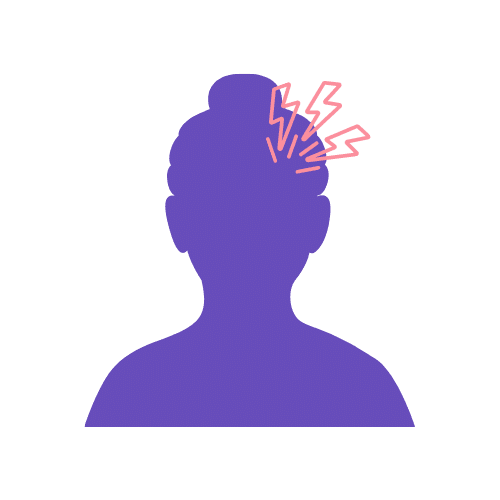
Chronic or persistent headache that won't go away

Feeling dizzy or faintness

Vision changes

Fever of at least 100.4°F

Extreme face or hand swelling

Having ideas of hurting yourself or your child
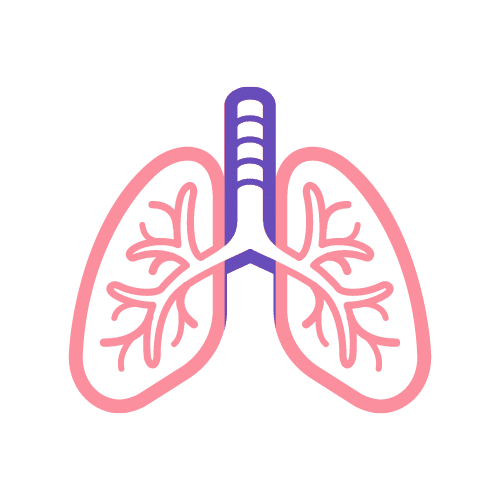
Difficulty in breathing

Fast-beating heart or chest discomfort

Severe nauseousness and vomiting
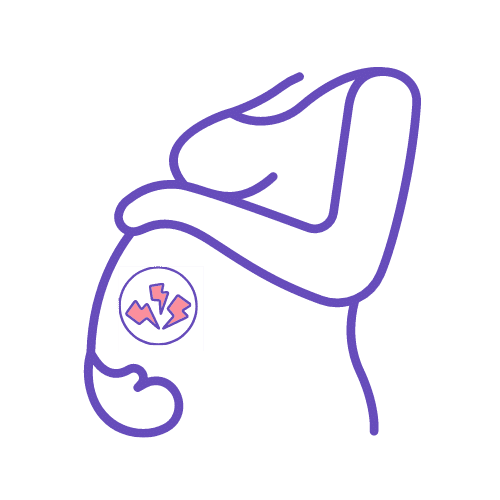
Persistent stomach ache
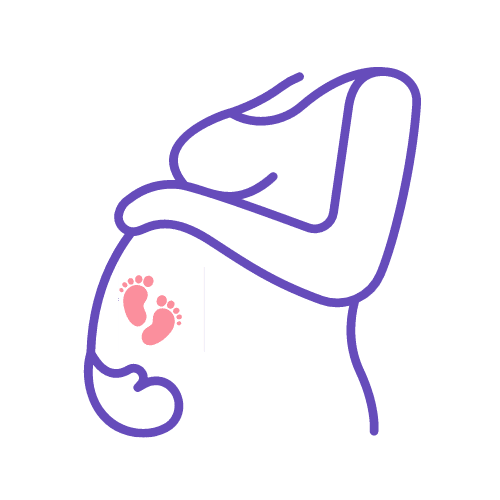
Slowing of the baby's motion during pregnancy

Vaginal bleeding or fluid spilling during pregnancy

Vaginal discharge during pregnancy

Severe redness, swollenness, or discomfort in your arm or leg

Fatigue

Chronic or persistent headache that won't go away
• It feels like the worst headache you ever had
• Persists even after treatment with medicine and fluid intake
• It begins with severe pain that feels like a thunderclap
• The feeling of throbbing on one side of your head
• Includes headaches or dizziness

Feeling dizzy or faintness
• You faint or collapse
• You have frequent episodes of or constant lightheadedness and dizziness
• You go through a lapse during which you have no recall

Vision changes
• You notice bright spots or light flashes
• You have blind spots or experience brief blindness
• Your eyesight is foggy, you can't focus, or you have double vision

Fever of at least 100.4°F
• Your body temperature is at least 100.4°F (38°C)

Extreme face or hand swelling
• It becomes difficult to wear rings or flex your fingers due to hand swelling
• Your eyes feel and appear swollen, making it difficult for you to open them due to facial swelling fully.
• You have a lack of sensation or swelling lips and mouth
This swelling is unlike the typical, mild swelling that most pregnant women experience, particularly in the latter few months of the pregnancy.

Having ideas of hurting yourself or your child
• You could consider harming yourself because you feel:
- Feel extremely depressed, hopeless, or inadequate
- Do not believe that you are in charge of your life
- Feel anxious all the time
You could consider harming your child, or you might have frightful ideas that pop into your head unexpectedly or are challenging to get rid of.
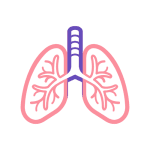
Difficulty in breathing
• You experience abrupt or gradual shortness of breath as if you are unable to breathe deeply enough to fill your lungs with adequate air
• Your chest, throat or both may feel constricted
• You experience breathing problems while lying flat; for example, you need pillows to elevate your head when you sleep

Fast-beating heart or chest discomfort
• You get chest pain, like
- A sense of pressure or stiffness in the middle of your chest
- Ache that radiates to your arm, neck, or back
• Your heartbeat changes, perhaps as a result of
- Your chest may pound or your heart may pulse quickly
- Missed heartbeats or an irregular heartbeat
• You feel lightheaded, faint, or lost
• You have difficulty breathing (talking and breathing are difficult)
These symptoms might be brought on by a specific incident or could appear anytime and anywhere.

Severe nauseousness and vomiting
• Beyond the typical queasy feeling and vomiting that many mothers have in the early stages of pregnancy, you experience acute nausea
• You vomit and find it difficult to retain liquids in your stomach
• You have:
- Dry mouth
- Constant headaches
- Confusion
- Fever
- Dizziness or lightheadedness

Persistent stomach ache
• You have a persistent, acute, stabbing, or cramp-like stomach discomfort
• Your stomach ache either begins abruptly and is severe or gradually worsens
• You experience significant back, shoulder, or chest discomfort
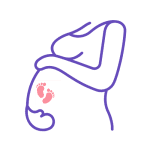
Slowing the baby's motion during pregnancy
• You feel that your infant is no longer moving or moving less often than previously
A shift in your baby's movement matters; there is no set quantity of movements that is deemed typical.

Vaginal bleeding or fluid spilling during pregnancy
• You have a persistent, acute, stabbing, or cramp-like stomach discomfort
• Your stomach ache either begins abruptly and is severe or gradually worsens
• You experience significant back, shoulder, or chest discomfort

Vaginal discharge during pregnancy
• You bleed heavily and go through one or more pads in an hour
• You pass tissue or clots larger than an egg
• Your vaginal discharge smells unpleasant

Severe redness, swollenness, or discomfort in your arm or leg
Any point throughout pregnancy or for six weeks following delivery:
• Your leg, generally your calf or one leg, is swollen, painful, or tender
- When you touch it, it could or might not hurt
- Flexing your foot to stand or walk may hurt
- Additionally, the sore region may be swollen, red, and warm to the touch
• You often only experience arm discomfort, soreness, or swelling on one side of your body

Fatigue
• You suddenly feel quite weak and exhausted but not chronically so
• You lack the energy to carry out your daily activities
• Regardless of how much you sleep, you never feel refreshed
• You are so exhausted that you refuse to get up to care for your child
•After having your kid, you experience sadness
